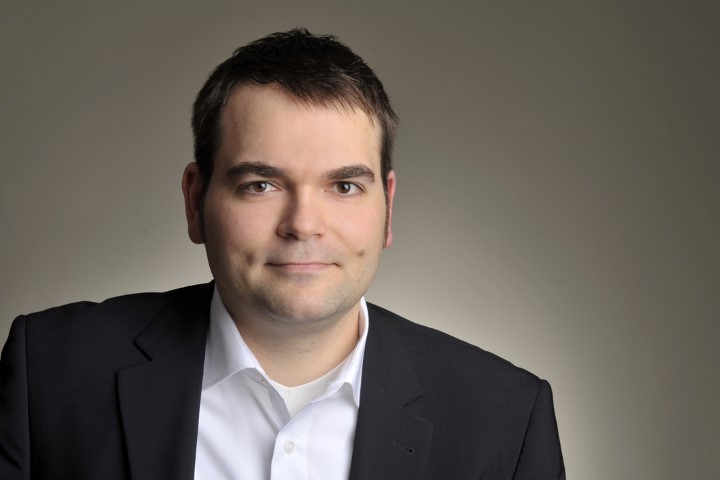Models for Time Series of Smart Grid Load Measurements
General Topic |
|---|
| The ever growing need for energy to support a modern lifestyle induces an increasing load on the world’s power supply networks. Additionally the tried and tested fossil and nuclear power generation are widely seen as harmful for the environment (in one or the other way) and therefore regarded as unwelcome by many people. This area of tension between demand and status quo opens a wide field of business opportunities. Smart solutions are needed for our future energy generation and distribution systems. It is widely recognized that our energy supply systems will shift from a centralized to a distributed paradigm. Because of the distributed and potentially unstable nature of future energy generation an increased amount of communication and storage is necessary to stabilize these so called “Smart Grids”. Due to these changes the problems of the smart energy grid resemble those of already existing information grids like mobile communication systems or the “internet” in general. Many already available solutions for the information grids might be also applicable in the smart energy grids. Just two examples out of many: The electric car system of a country could be seen as a delay tolerant network for transporting energy and local energy storage units in a house or in a village could be seen as proxy servers for energy. Obviously a broad field of research opportunities exists. |
Company |
|---|
| Between April 2004 and August 2011 I worked as a research assistant in the research group “Systems Modelling” of the faculty of Economics and Business Administration at the University of Duisburg-Essen. The research field of our research group included modeling and performance evaluation of computer- and communication systems. Techniques used were stochastic Petri-nets, Markov chains, queuing networks and discrete event simulation. My research interests included Common Radio Resource Management (CRRM), stability analysis of communication networks and since the year 2010 optimization problems in smart grid infrastructures. |
Task |
|---|
| In 2010 and 2011 the main topics of my research included optimization problems in smart grid communication infrastructures. One unsolved problem of today’s smart grid projects is the high communication overhead caused by detailed measurements of the current state of the smart grid members. These measurements (generally labeled as Smart Metering) are necessary for deriving optimal decisions for the energy generation, storage and consumption by the smart grid member systems. I looked at several approaches for reducing this communication overhead. Besides other ways of transmitting measurements intelligently (e.g. threshold based), a very promising approach is the use of regression based models for time series. |
Gained Experience |
|---|
| I have gained knowledge in methods for analyzing statistical properties of time series and in building models based on e.g. exponential smoothing, autoregressive models or linear regression. Besides the theoretical knowledge I also gained experience in using GNU R for analyzing time series and creating models for these time series. I have written an R based script framework for merging time series models in hierarchical grid structures. The script framework has built in quality evaluation functions based on forecasts and checks against original data. If you are interested in this research please see this early stage version of one of my presentations. Please see this link for legal notices. |
